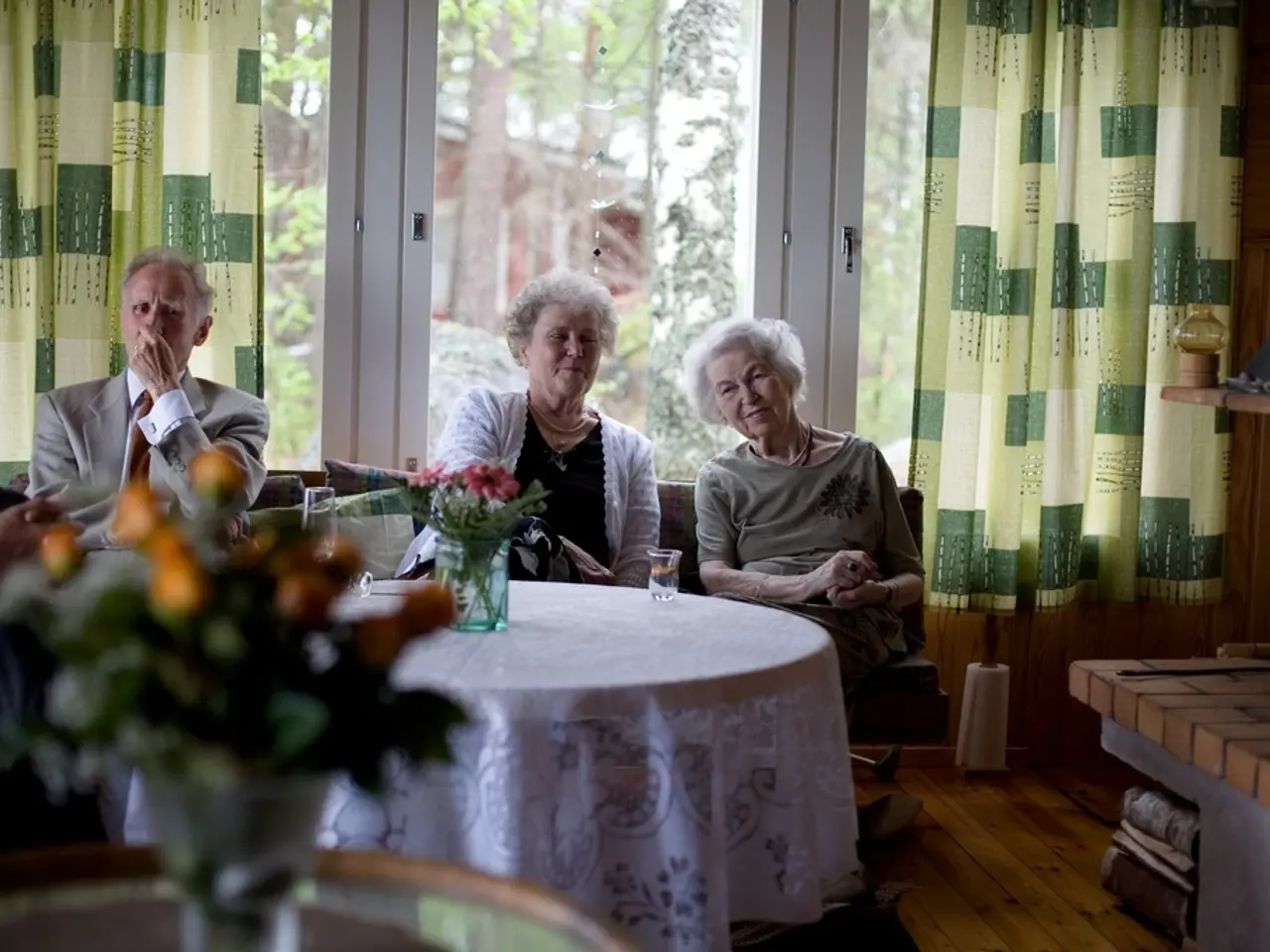Pension assets may now be subject to inheritance tax, even if the owner dies before reaching 55 years; criticism of policy labels it as unjust.
In a significant shift, pension savings for individuals who die before the minimum pension age (currently 55, rising to 57 in 2028) will be subject to Inheritance Tax (IHT) from April 2027. This change, announced by Chancellor Rachel Reeves in her Autumn Budget, means that pension pots will be added to someone's estate regardless of when they die, making them subject to up to 40% IHT.
Previously, pension funds were generally exempt from IHT regardless of age at death. However, this removes a previous tax advantage where unaccessed pension savings could be passed on without IHT. The government aims to close a loophole that allowed pensions to be used for inheritance tax planning rather than retirement income provision.
Key implications of this policy change include:
- Pension pots of those dying before minimum pension age will no longer be IHT-free. Their pension savings will count towards the estate for IHT calculation, potentially increasing the tax bill for beneficiaries.
- Increased complexity and administrative burden may arise for executors and families, as coordinating IHT on pensions requires more paperwork and potentially timely payments to avoid penalties.
- Potential behavioral changes could result, as people might alter pension contributions or withdrawals in response to the higher IHT risk, possibly undermining long-term retirement savings.
- Exemptions remain for some death benefits, such as death-in-service lump sums and dependants' pensions from certain schemes.
Notably, spouses and civil partners retain some protection, as inherited pensions passed to them remain tax-free, but further passing on these pensions may trigger IHT. This policy change risks eroding trust in the pension system, according to Carina Chambers, a technical pensions expert at digital wealth manager Moneyfarm.
The proportion of deaths liable for IHT has grown to 4.62% and is predicted to double by the end of the decade. This policy change may mean some people stop saving for retirement, worsening the pensions crisis. Gareth Davies, a pension specialist, notes that any IHT charges will add another layer of complexity for those already dealing with the death of a loved one.
Last month, the government said it was relaunching the Pensions Commission to look at how to encourage more people to save for old age. Despite this, 45% of working-age adults do not save into a pension, according to the government. The IHT reforms also include changes for farmers and business owners.
James Jones-Tinsley, a self-invested pensions technical specialist, finds it "unfair" that pension pots of individuals who die before reaching the age of 55 will be subject to IHT. He adds that savers "cannot physically access their pension pot before the age of 55," making it somewhat unfair to financially punish an individual who dies earlier than expected.
The standard inheritance tax threshold is £325,000, although this can be increased. Caitlin Southalla, a director of pensions and tax firm WBR Group, also finds the new post-April 2027 landscape difficult for people inheriting estates that include pensions. This news marks a significant change in the way pensions are treated for inheritance tax purposes, aligning them with other assets and potentially increasing tax liabilities and administrative complexity for estates with significant unused pension funds.
- In light of the upcoming policy change, individuals may need to reconsider their pension savings strategies due to the potential tax implications, as pension pots of those dying before the minimum pension age will no longer be exempt from Inheritance Tax (IHT), thus impacting personal-finance planning.
- The rise in pension savings becoming subject to Inheritance Tax (IHT) from April 2027 is expected to introduce increased administrative burden and complexity into personal-finance matters, as executors and families will need to manage the IHT on pension pots, coordinating more paperwork and potentially timely payments.




